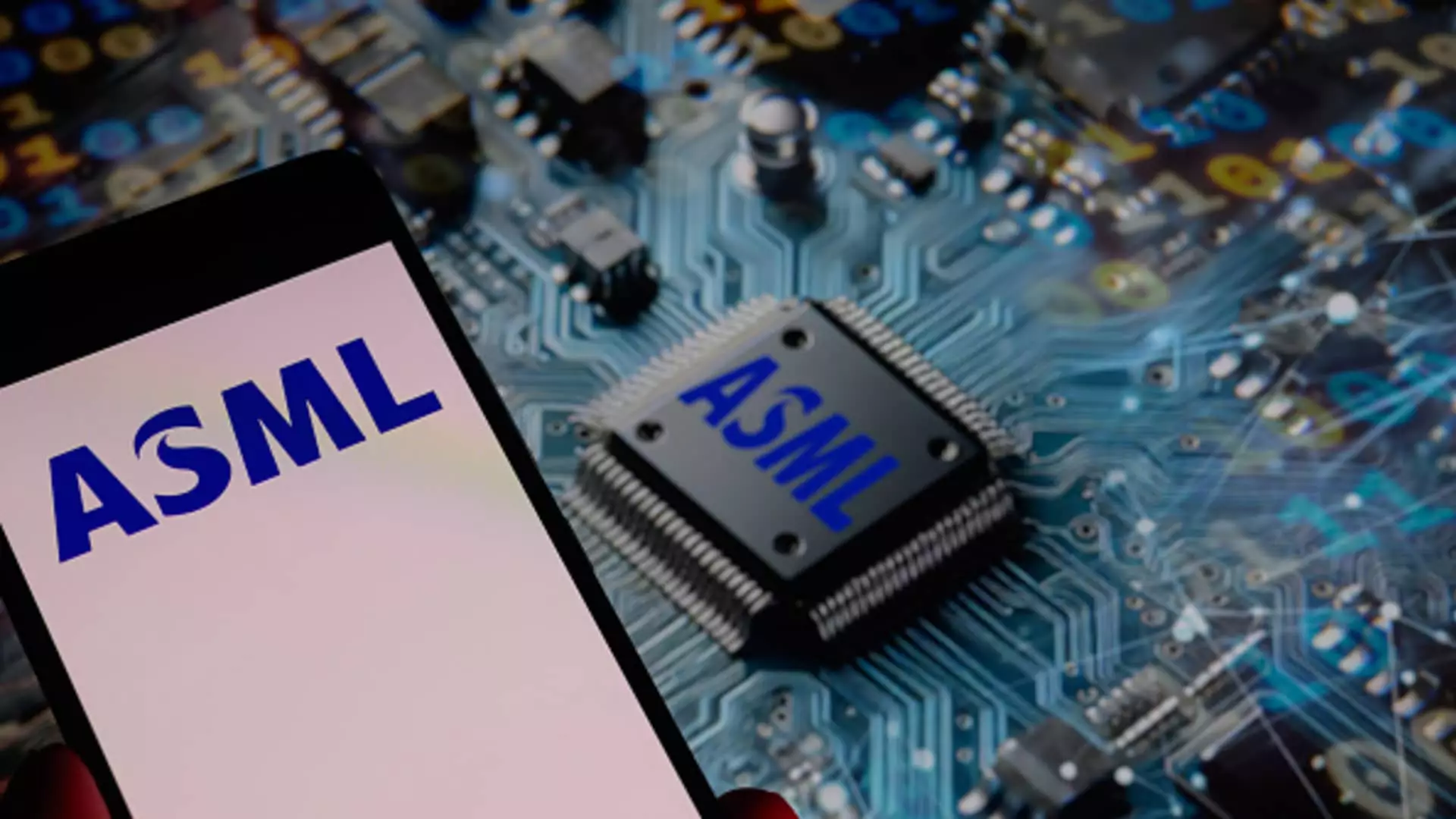The Dutch government has recently announced an expansion of export restrictions on advanced semiconductor manufacturing equipment, specifically targeting more of ASML’s machines. These new restrictions now require companies to obtain a license from the Dutch government in order to export certain chipmaking tools out of the country. This decision has been attributed to national security concerns, as technological advancements have led to increased risks associated with the export of this specific manufacturing equipment, particularly in the current geopolitical environment.
ASML, a prominent semiconductor company headquartered in the Netherlands, plays a critical role in the production of advanced chips by manufacturing essential machinery. The company’s importance in the semiconductor industry has made the Netherlands a focal point for U.S. policymakers, leading to increased pressure on the Dutch government to tighten export controls on key chipmaking tools. These new restrictions on ASML’s machines align with global efforts to address security concerns related to the export of advanced semiconductor equipment.
The U.S. has been actively implementing export controls on critical technologies, including quantum computing and semiconductor goods, as part of its broader strategy to safeguard national security interests. In late 2022, the U.S. introduced comprehensive rules aimed at restricting exports of crucial chips and semiconductor tools to China, prompting allied countries like the Netherlands to follow suit. Washington’s efforts have underscored the significance of ASML’s technology in the global semiconductor supply chain and have encouraged stricter export regulations to mitigate potential security risks.
The Dutch government acknowledges its unique position in the semiconductor industry and the associated responsibilities that come with it. By expanding export restrictions on semiconductor manufacturing equipment, the Netherlands aims to uphold security standards while minimizing disruptions to global trade flows and value chains. While the government did not specify any particular countries in its latest announcement, the rules primarily focus on exports from the Netherlands to destinations outside of the European Union, reflecting a strategic approach to safeguarding sensitive technologies.
ASML manufactures two types of critical tools, namely extreme ultraviolet (EUV) lithography machines and deep ultraviolet (DUV) lithography machines, essential for producing cutting-edge chips and other semiconductor components. With the latest expansion of export restrictions, ASML’s TWINSCAN NXT:1970i and 1980i DUV immersion lithography systems now require approval from the Dutch government for export. These regulatory changes underscore the evolving landscape of international trade dynamics in the semiconductor industry and highlight the need for enhanced security measures in the export of advanced technology.
The Dutch government’s decision to expand export restrictions on semiconductor manufacturing equipment reflects a broader effort to address security concerns in the semiconductor industry. By tightening controls on key chipmaking tools, the Netherlands aims to uphold national security standards and safeguard sensitive technologies, while also complying with global efforts to regulate the export of advanced semiconductor equipment. These developments underscore the complex interplay between national security, technological advancements, and international trade in the semiconductor sector, shaping the future trajectory of the industry.


Leave a Reply